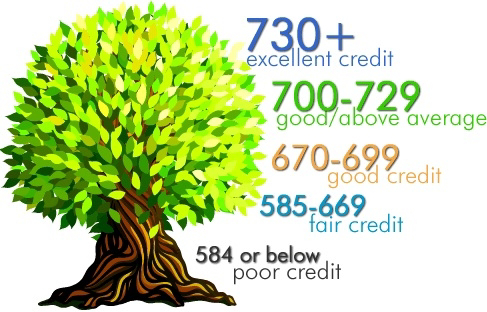1. Set Clear Rental Criteria
Define your ideal tenant profile, including income level (e.g., 3x the rent), credit score minimums, employment stability, and rental history.
Be specific about your criteria, and make sure they’re legally compliant with Fair Housing laws.
2. Market the Property Effectively
Use high-quality photos and a detailed, honest description in your listings. Highlight features that tenants care about, such as proximity to amenities, size of the property, and any upgrades.
List the property on popular rental websites like Zillow, Craigslist, Apartments.com, and social media groups for local housing.
3. Conduct Thorough Screening
Background Checks: Use services that verify credit, criminal background, and eviction history.
Income Verification: Request pay stubs, tax returns, or a letter from their employer to ensure they can afford the rent.
References: Contact previous landlords for feedback on how they took care of the property, their payment punctuality, and any issues they had.
4. Meet in Person (or Virtually)
When possible, meet prospective tenants in person. This helps gauge their demeanor and if they'll be a good fit for your property.
Virtual meetings can also work if you're remote, especially for longer-distance moves.
5. Use a Rental Application
Provide a standardized rental application to ensure you collect the same information from all prospective tenants.
Be consistent in your process with every applicant to stay fair and avoid potential legal issues.
6. Set Reasonable Rental Terms and Clear Expectations
Clearly communicate your expectations for lease length, rules about pets, maintenance responsibilities, and any other specifics in the lease agreement.
7. Trust Your Instincts
If a prospective tenant's application looks great on paper but something feels off, it’s okay to keep looking. A good tenant will be responsible and have clear communication.
Following these steps will help you attract qualified tenants, minimize vacancy periods, and protect your property.




















